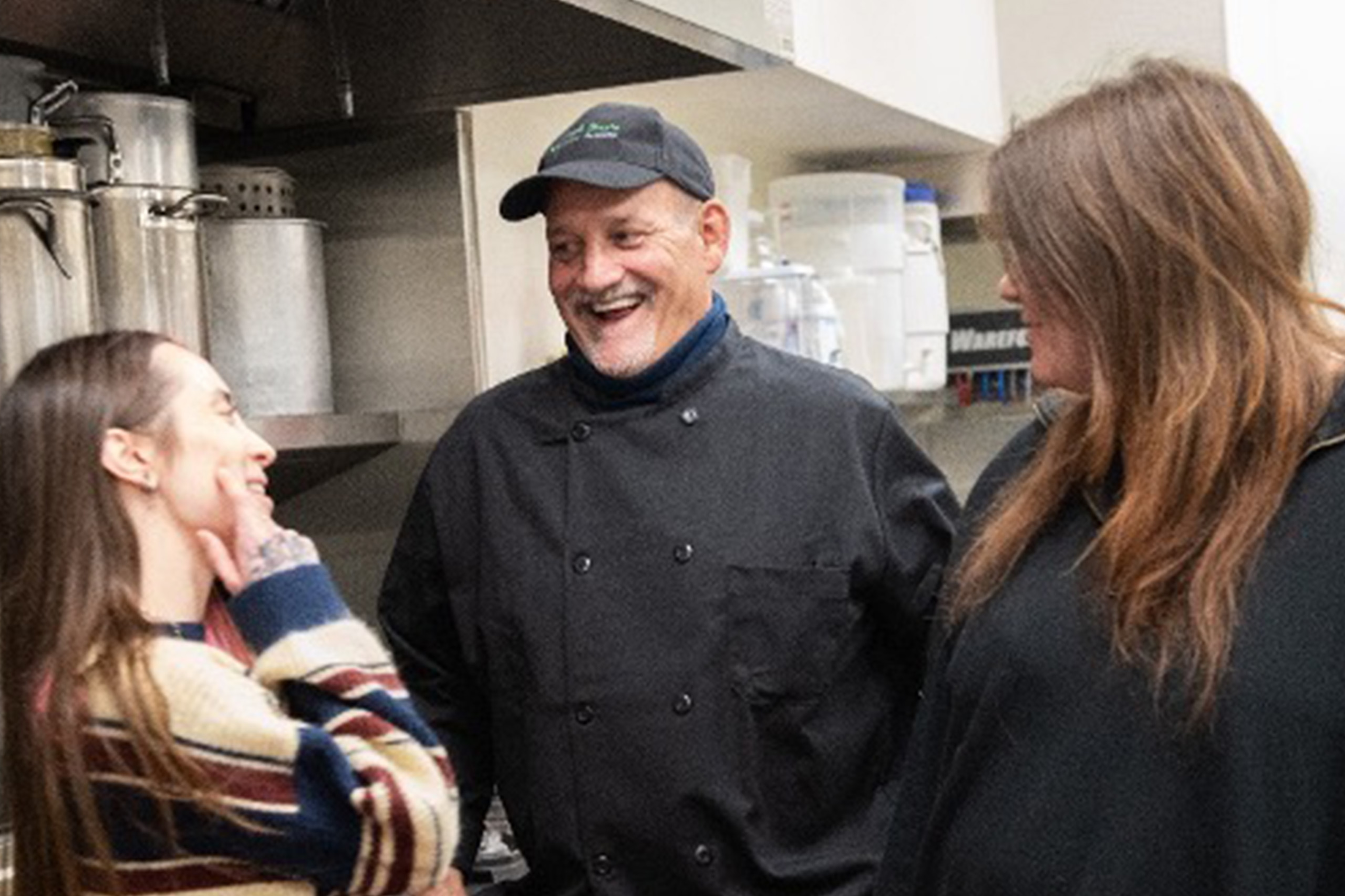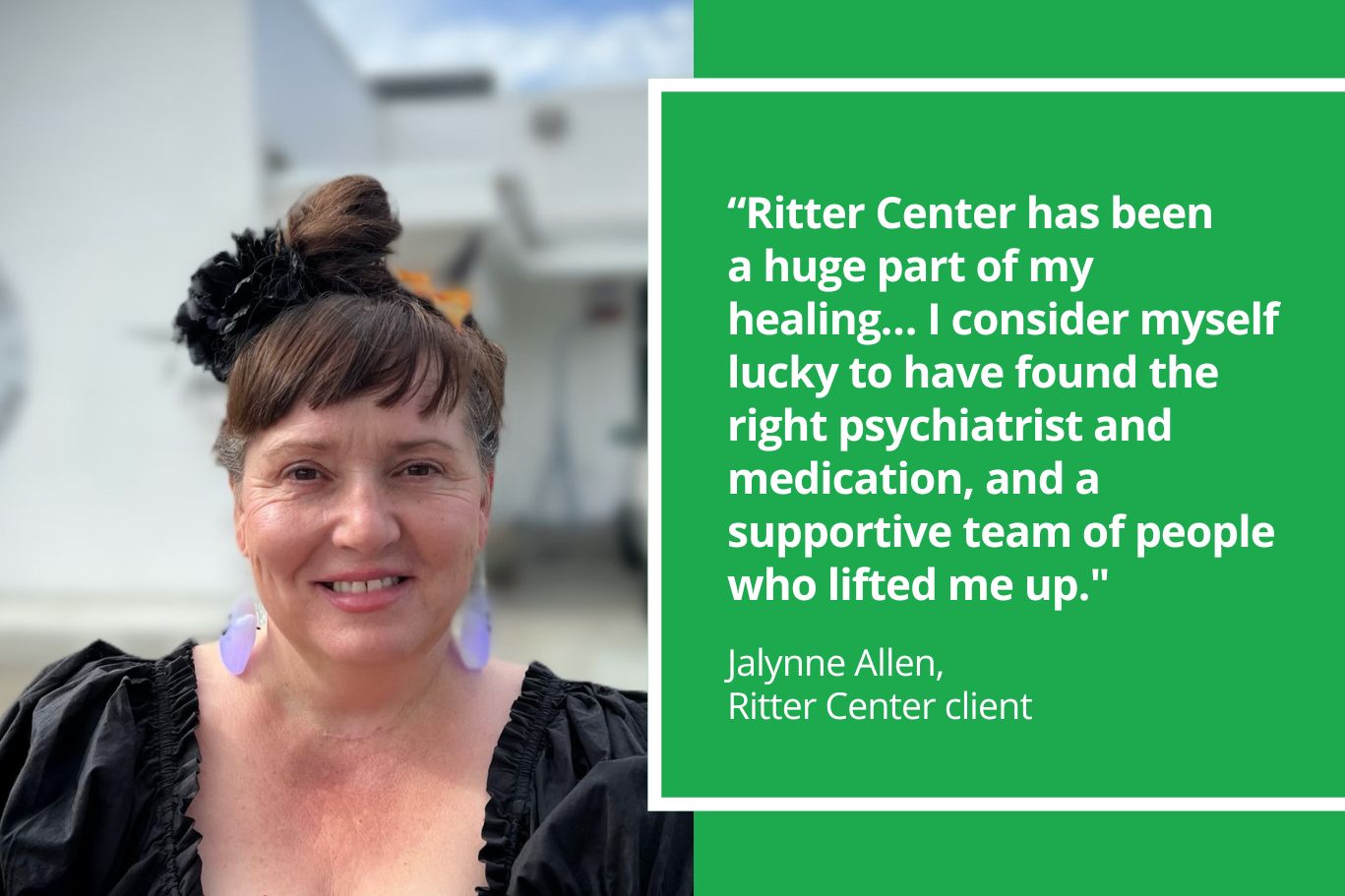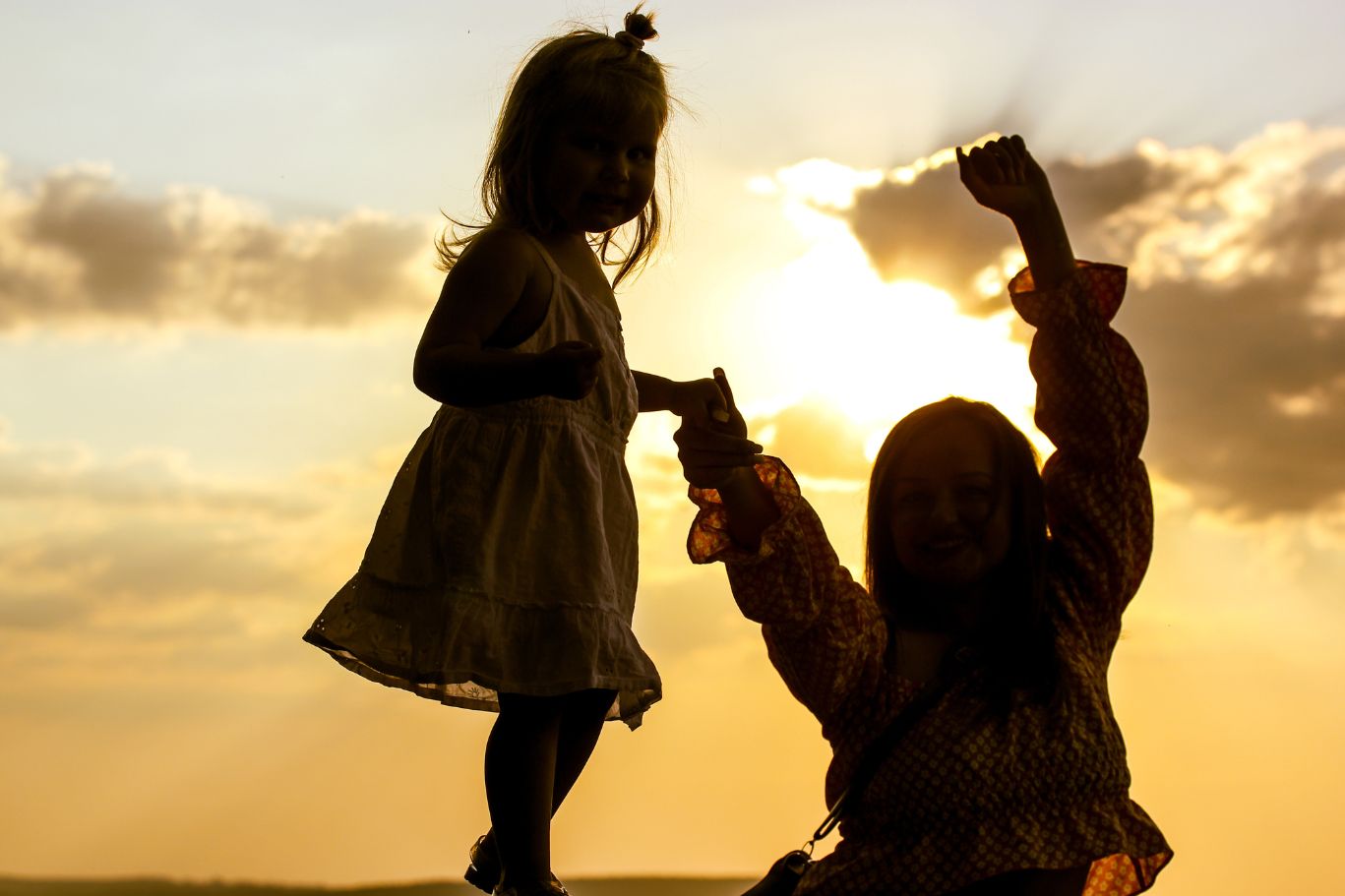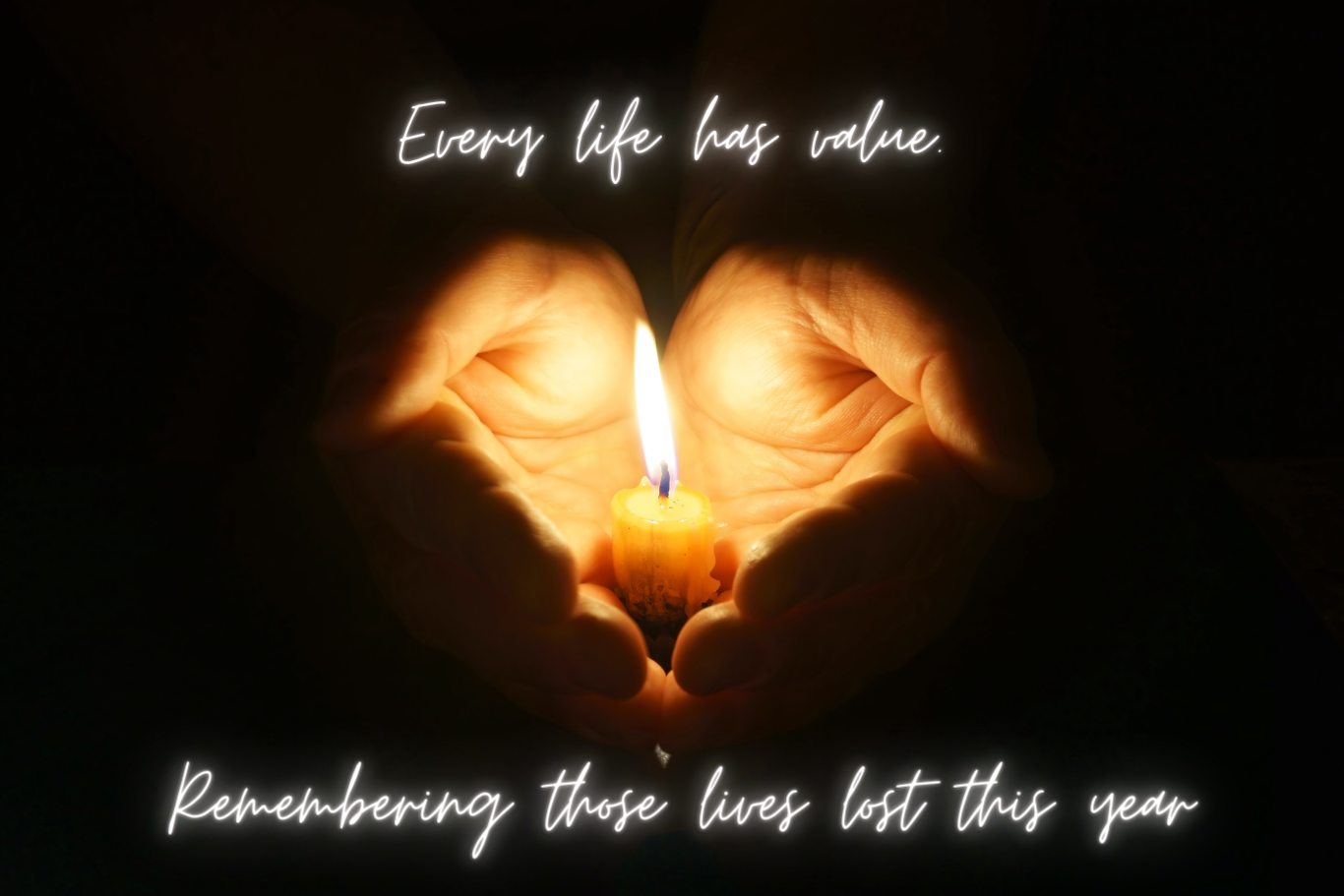
“Sleeping on the streets was a nightmare. It’s scary for a woman.” – Patient Sue
Recently we chatted with Ritter Center patient Sue (name changed to protect privacy) about her experience being homeless and how she is moving forward with the help of Ritter Center.
Tell us about how you became homeless
“When you are homeless, you feel invisible.”
“I was working as a telemarketer in San Francisco when the person who ran our company died. Suddenly our jobs were gone.”
“I went through my savings so quickly. Soon I couldn’t pay my rent and suddenly I was at a homeless shelter.”
“A couple of months later, I had a kidney stone and a 103 degree fever. I ended up in the hospital for a month.”
“I shuttled between Marin and San Francisco struggling for help for several years. Eventually I spent some nights sleeping outside. I knew a lot of people that died on the streets.”
How did being homeless feel?
“There were a few nights I slept in my friend’s car and we woke up to the sound of men trying to break our car windows and to open the doors. We had to speed away.”
“Sleeping on the streets was a nightmare. It’s scary for a woman.”
“Going from place to place you start to lose your personal items. I lost pictures and other things I really cared about which was hard.”
“There have been a few times where I just wanted to give up. When you are homeless, you feel like you don’t belong in the world.”
“People treat you differently.”
Homelessness is misunderstood. What would you like people to understand?
“What people don’t understand is that a lot of people are estranged from their families or there was a death in the family.
“Other times something happened that was personal and traumatized them. They never recovered.”
“It’s worse now with COVID-19. People are losing their jobs and then they will be on the streets, too.”
How did you feel when you found Ritter Center?
“I’m so grateful for having found Ritter Center. They have compassion for people.”
Ritter Center Deputy Chief Medical Officer and Family Nurse Practitioner Tess Barbach tells us that when she met Sue she had developed chronic swelling in her ankles. She couldn’t take diuretics because she didn’t have consistent access to a bathroom, her skin tore and she had developed an infection.
Tess noted that when Sue first came to Ritter Center, she didn’t trust us and called 911 from our waiting room. She said she dialed 911 frequently and went to the ER at least once a week.
Tess began to work with Sue building up her trust one step at a time. Their connection shines a light on the role health care can play in transforming a person’s life.
What’s the future for Sue?
Thanks to Ritter Center’s supporters, Sue, along with hundreds of other Ritter Center patients, is being cared for by Nurse Tess and our team of dedicated, trained healthcare workers. Sue is safely sheltered during the COVID-19 health crisis at a motel and moving to permanent housing soon.

DONATE TO RITTER CENTER
Ritter Center is helping families and individuals with little to no income in Marin County keep their homes, find shelter, access healthcare, and obtain food. Our food pantry has experienced a significant increase in demand. Our dedicated staff and volunteer teams are serving more than 350 – 400 households per week.
At Ritter Center, we see the devastation that health and social inequities cause in the lives of the people we serve, every day. COVID-19 has not only highlighted these extreme gaps in equity, but has exacerbated them across our nation. The instability of employment, income, safe shelter, health and food has created an enormous strain for many of our neighbors during this pandemic.
Our food pantry is open in San Rafael on Mondays, Wednesdays, and Fridays at 10am-12:30pm and 1pm-3pm. Click here for COVID-19 changes in services and hours.
Thanks to the generosity of donors, we can continue providing these critical services during this crisis




